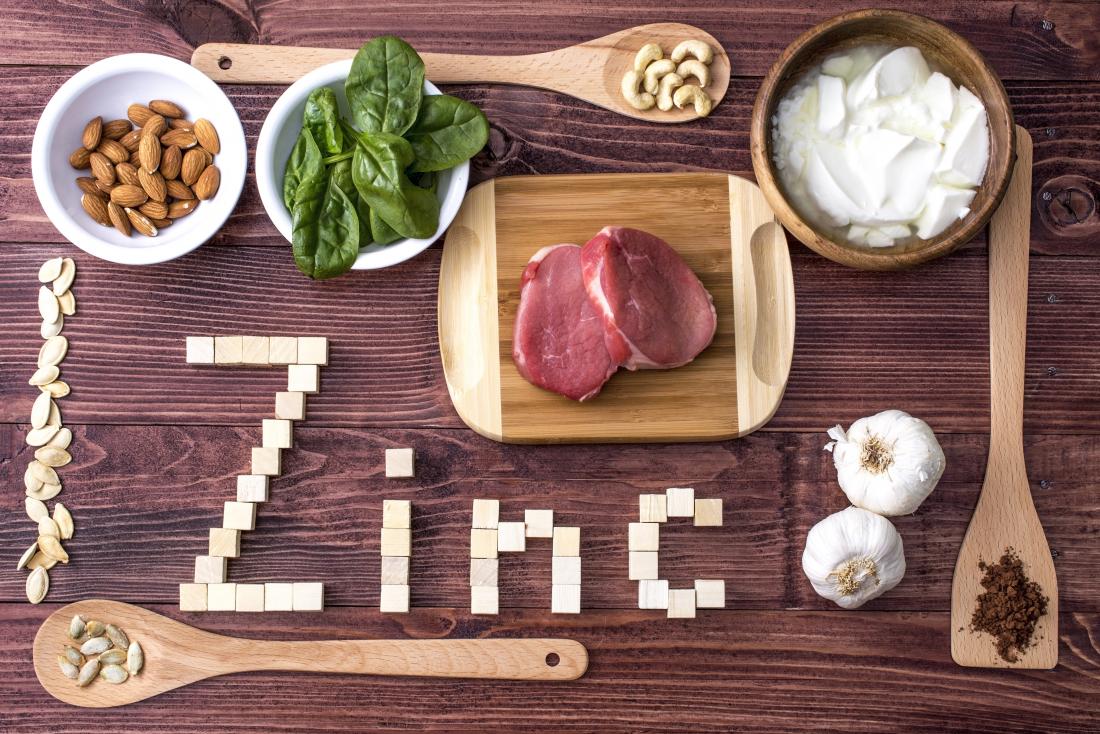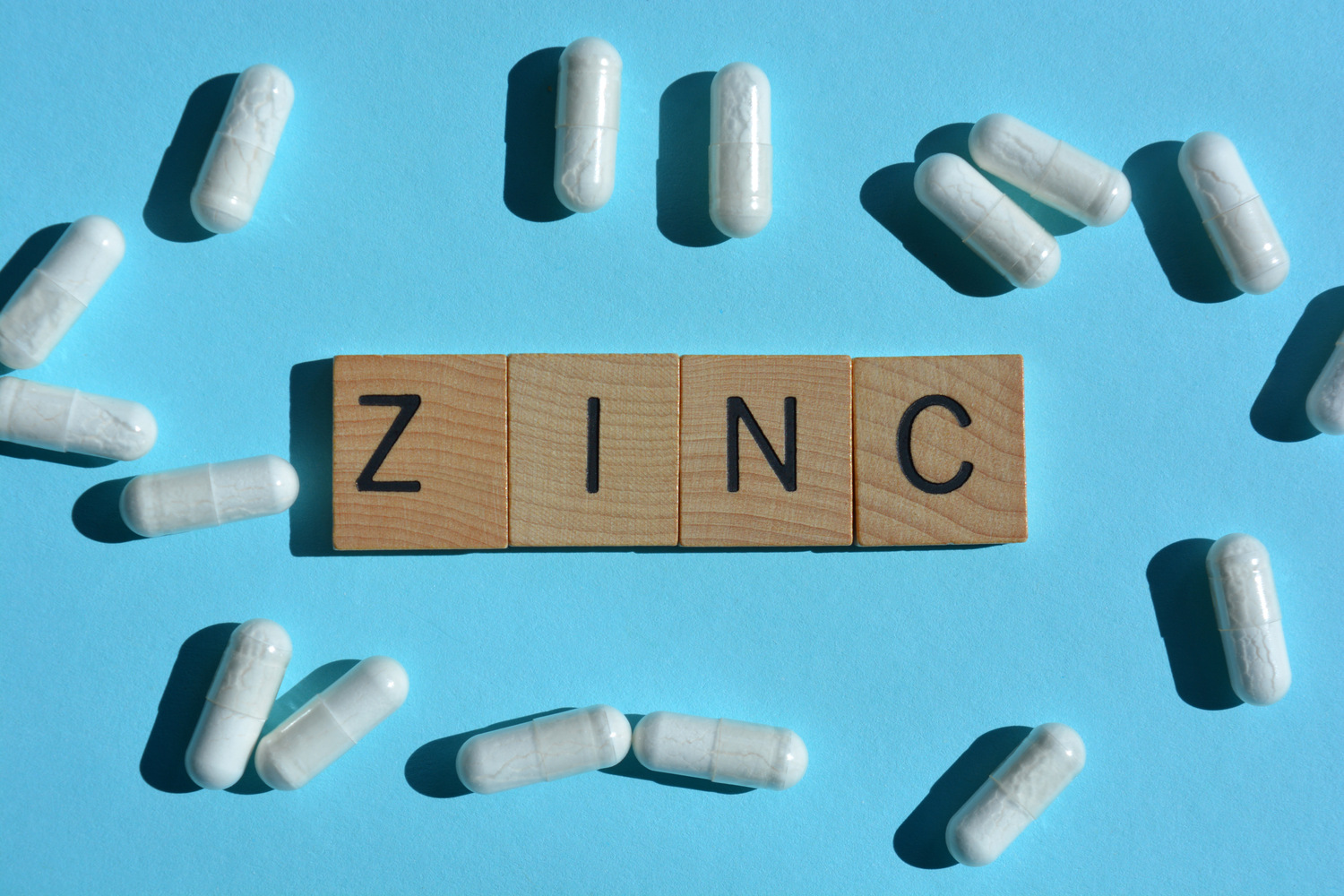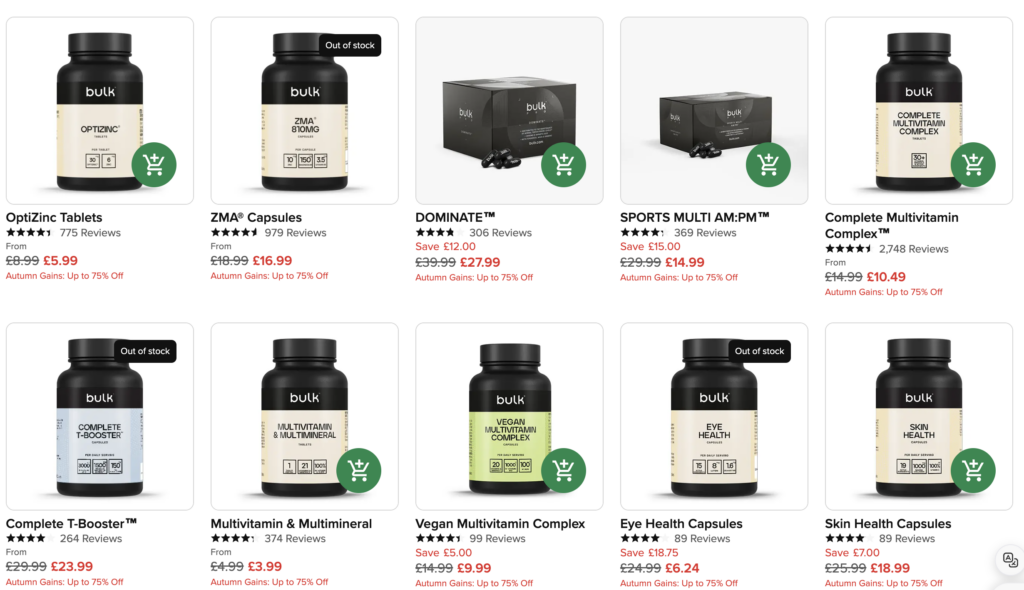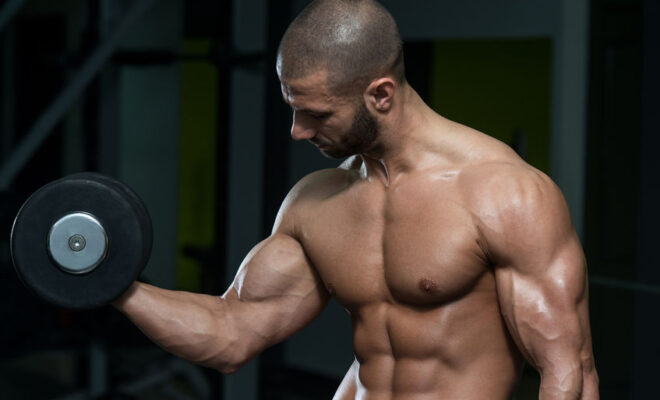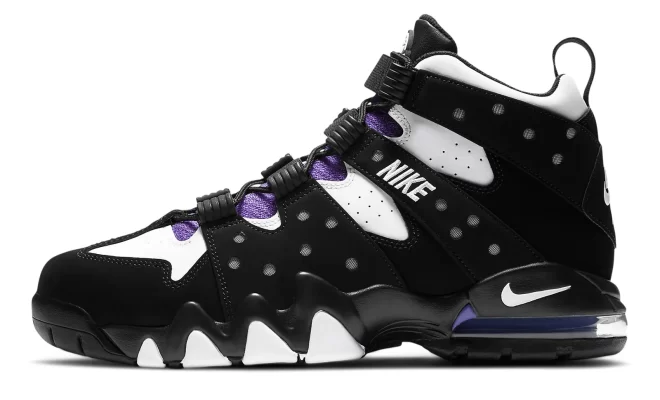Zinc: Essential Benefits for Sports Activities and Training

Zinc is a critical mineral that plays numerous roles in the human body, making it particularly important for athletes and fitness enthusiasts. For those engaged in sports and physical activities, maintaining adequate zinc levels is crucial for optimizing performance, recovery, and overall health. This article will explore what zinc is, its functions in the body, the impact of zinc deficiency, why athletes need it, and how to obtain zinc, with a special focus on Bulk’s zinc-based products.
What is Zinc?
Zinc is a trace mineral found naturally in various foods and available as a dietary supplement. Despite being needed in small amounts, it is vital for many biological processes, including enzyme function, immune response, protein synthesis, DNA synthesis, and cell division. It is also crucial for proper growth, development, and taste perception.
In terms of sports and fitness, zinc’s role extends to muscle repair, recovery, and energy metabolism, making it a key mineral for anyone engaged in regular physical activity.
The Role of Zinc in the Body
Zinc is involved in over 300 enzymatic reactions in the body. Some of the key roles it plays for athletes and active individuals include:
- Protein Synthesis and Muscle Repair: Zinc supports the body’s ability to synthesize proteins, which are essential for muscle growth and repair. After intense workouts, muscle fibers need to recover, and adequate zinc levels help facilitate this process efficiently.
- Immune Function: Regular exercise can temporarily suppress the immune system, making athletes more susceptible to illness. Zinc boosts immune function, helping athletes maintain peak performance without being sidelined by sickness.
- Testosterone Production and Hormonal Balance: Zinc is crucial for the production of testosterone, a hormone that plays a significant role in muscle development and athletic performance. Zinc deficiency has been linked to lower testosterone levels, which can impair muscle mass and strength gains.
- Energy Metabolism: Zinc is involved in the metabolism of carbohydrates, fats, and proteins, providing the body with energy to fuel workouts. It is also important in the production of adenosine triphosphate (ATP), the primary energy carrier in cells.
- Antioxidant Support: Physical exertion increases the production of free radicals, which can cause oxidative stress and muscle damage. Zinc acts as an antioxidant, helping to protect cells from damage caused by these free radicals.
- Wound Healing and Recovery: For athletes, quick recovery from injuries is crucial to maintaining training consistency. Zinc aids in wound healing and tissue repair, which can help athletes bounce back faster from minor injuries or muscle strain.
Zinc Deficiency: The Risks for Athletes
Zinc deficiency is relatively common among athletes, particularly those who engage in intense endurance training or follow restrictive diets (such as vegans or vegetarians). Deficiency can negatively impact athletic performance, muscle recovery, and overall health. Some signs of zinc deficiency include:
- Fatigue and low energy
- Decreased endurance and strength
- Impaired muscle recovery
- Loss of appetite
- Frequent illness or infections
- Hormonal imbalances, including low testosterone levels in men
For athletes, maintaining adequate zinc levels is crucial to avoid these performance-depleting symptoms. Those who sweat excessively during training sessions may be at a higher risk of zinc loss, as the mineral is lost through perspiration.
Why Athletes and Active Individuals Need Zinc
Zinc is especially important for athletes due to the physical and metabolic demands of exercise. Physical activity increases the need for micronutrients, and zinc is no exception. It helps:
- Enhance recovery after strenuous workouts, supporting muscle repair.
- Maintain healthy testosterone levels to optimize muscle growth and strength.
- Boost immunity, reducing the risk of colds or infections that could interrupt training.
- Facilitate energy production, ensuring you have the stamina needed for intense workouts.
As athletes require more zinc to meet these demands, incorporating this mineral into a well-rounded training and nutrition plan is essential.
How to Get Zinc: Dietary Sources and Supplementation
Zinc can be obtained from a variety of dietary sources, including:
- Meat: Beef, lamb, and pork are excellent sources of zinc.
- Seafood: Oysters are one of the richest sources, while other shellfish like shrimp and crab also provide good amounts.
- Dairy Products: Milk and cheese contain moderate amounts of zinc.
- Nuts and Seeds: Pumpkin seeds, sesame seeds, and cashews offer plant-based zinc.
- Legumes: Beans, chickpeas, and lentils contain zinc, though the bioavailability from plant sources may be lower.
For athletes and individuals with higher zinc demands, it can be challenging to meet daily requirements solely through diet, especially if following a plant-based or restrictive diet. This is where zinc supplements can play a valuable role.
Zinc Supplementation During Training
When training intensifies, zinc supplementation becomes particularly beneficial for athletes. A convenient and effective way to ensure you’re meeting your zinc needs is through high-quality supplements like those offered by Bulk. Bulk provides a range of zinc supplements designed to support your nutritional goals, particularly for fitness enthusiasts and athletes:
- Bulk Zinc Tablets: These tablets offer a simple and cost-effective way to ensure you’re getting adequate zinc. Each tablet contains the optimal dose of zinc to support immune function, muscle recovery, and testosterone production.
- Bulk Zinc Gluconate: A bioavailable form of zinc that is easily absorbed by the body. This product is ideal for athletes who need fast, efficient zinc replenishment post-workout.
- Zinc and Magnesium Combination: Bulk’s Zinc and Magnesium supplement is particularly popular among athletes. Magnesium is another essential mineral that works synergistically with zinc to support muscle function and recovery, making this combination an excellent choice for anyone looking to optimize recovery and reduce muscle cramps or fatigue.
How Much Zinc Should Athletes Take?
The recommended daily intake (RDI) for zinc varies by age and gender, with adult men needing around 11 mg per day and adult women requiring 8 mg. However, athletes may require more due to increased losses through sweat and greater demands for recovery. Supplementing with 15-30 mg of zinc daily is often recommended for active individuals to optimize performance and recovery.
Be careful not to overconsume zinc, as excessive intake can interfere with the absorption of other important minerals like copper and iron, potentially leading to imbalances.
How to Incorporate Zinc into Your Training Regimen
To get the most benefit from zinc supplementation, athletes should take it consistently and at the right time. Here are some tips for incorporating zinc into your training routine:
- Post-Workout: Zinc is best taken after training when your body is in recovery mode. Bulk’s Zinc Gluconate is an ideal choice for post-workout supplementation.
- In Combination with Magnesium: Take Bulk’s Zinc and Magnesium supplement in the evening to support muscle relaxation, recovery, and restful sleep.
- With Food: Zinc supplements should be taken with a meal to enhance absorption and minimize the risk of stomach irritation.
Conclusion
Zinc is a crucial mineral for athletes and fitness enthusiasts, supporting everything from muscle recovery and energy metabolism to immune function and hormone production. Ensuring adequate zinc intake is essential for optimizing athletic performance, reducing recovery time, and maintaining overall health. While zinc can be obtained from dietary sources, supplementation, especially with quality products like those offered by Bulk, is a convenient and effective way to meet the increased demands that come with regular training. Whether through Zinc Tablets, Zinc Gluconate, or a Zinc and Magnesium combination, Bulk’s range of products can help athletes stay at the top of their game.
By integrating zinc into your nutrition and supplement routine, you can enhance recovery, boost performance, and ensure your body is equipped to handle the demands of an active lifestyle.
